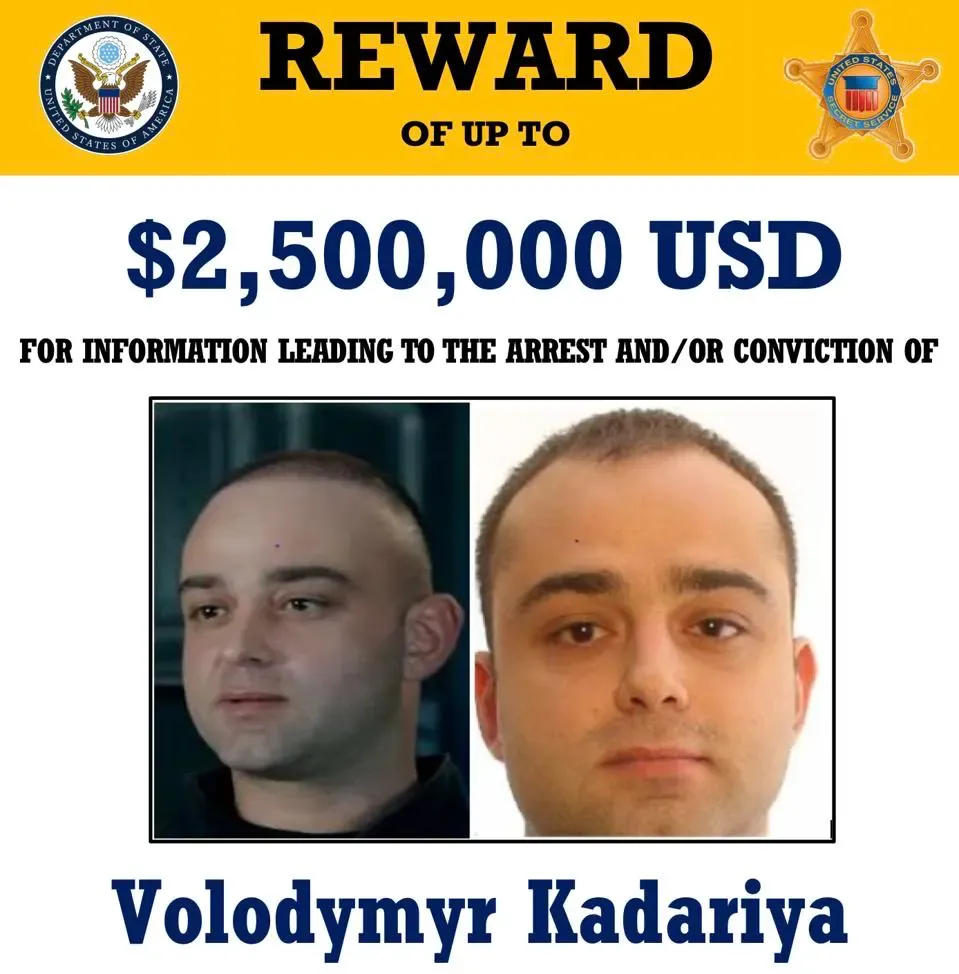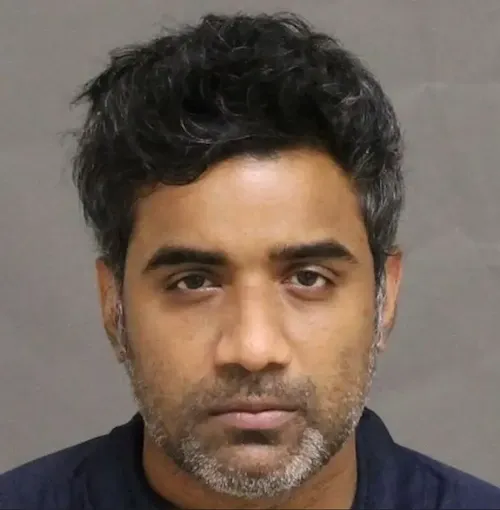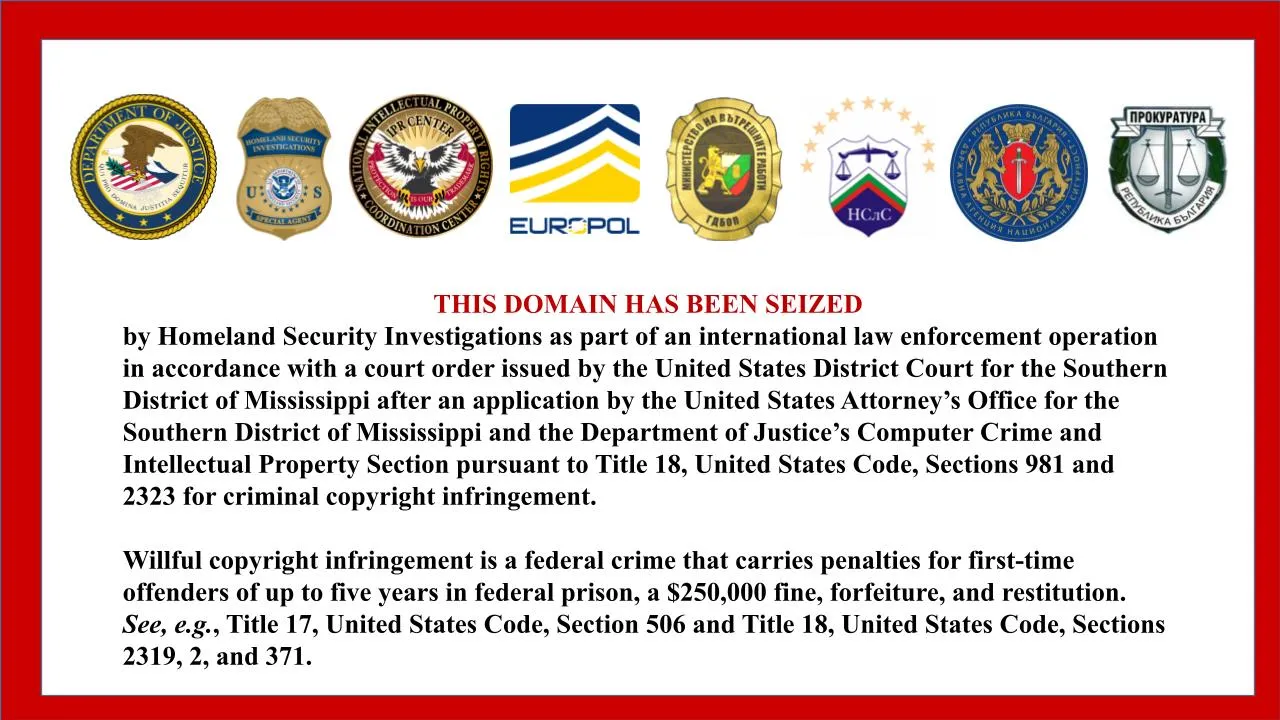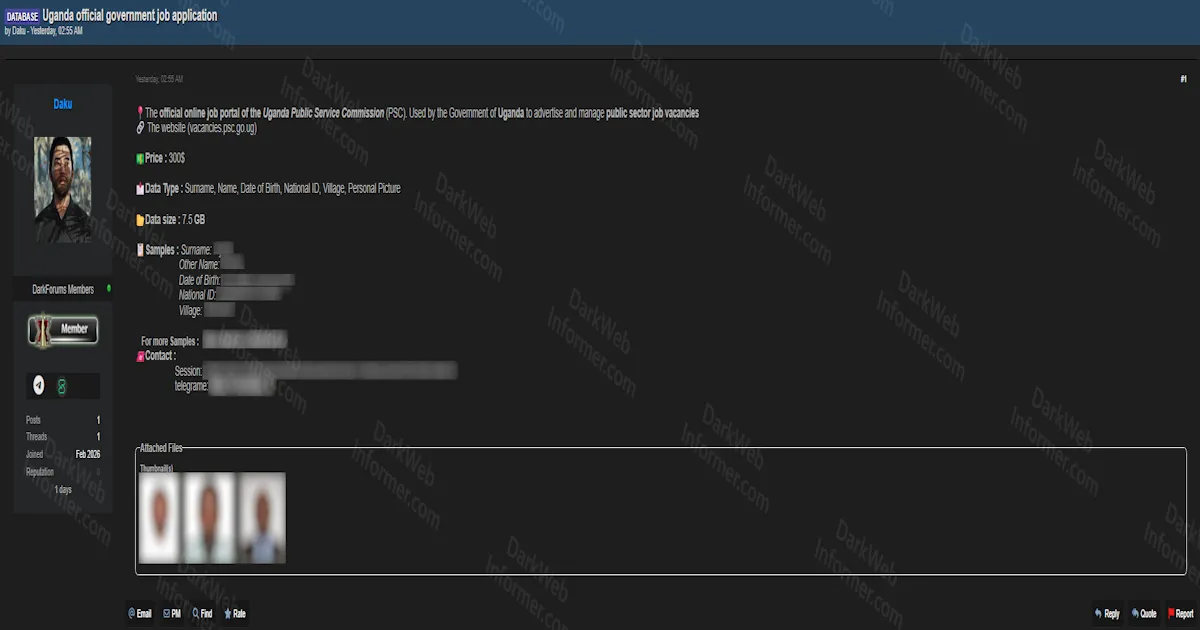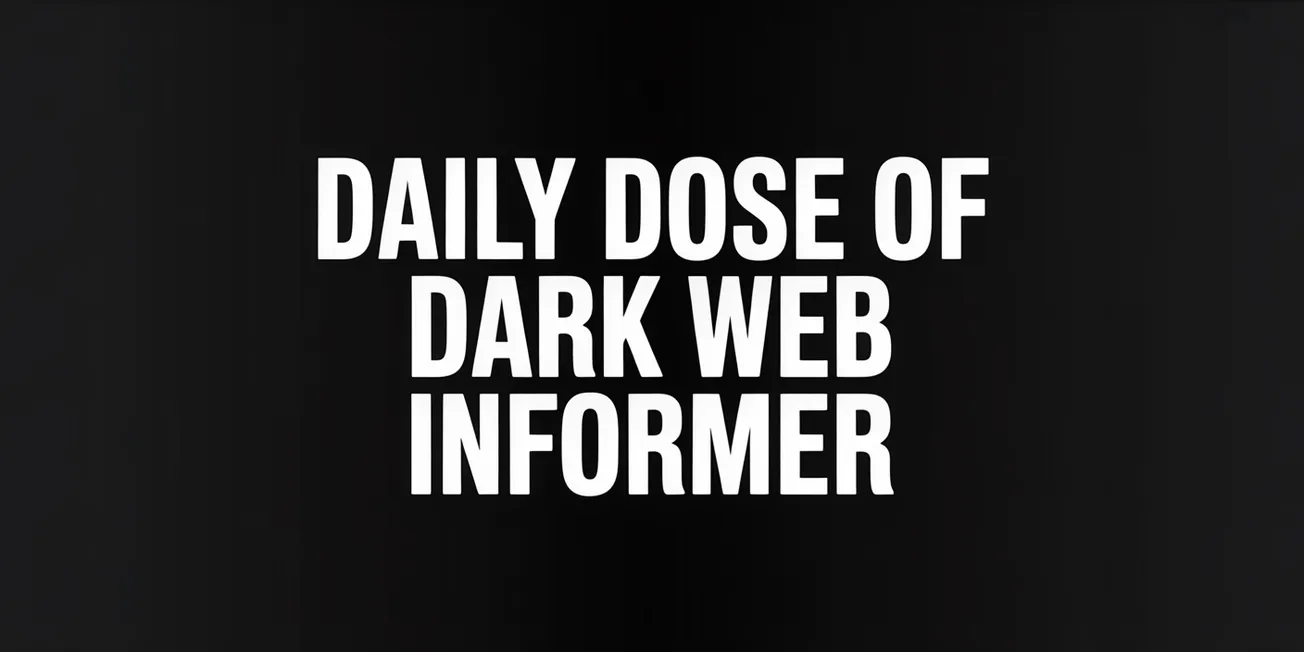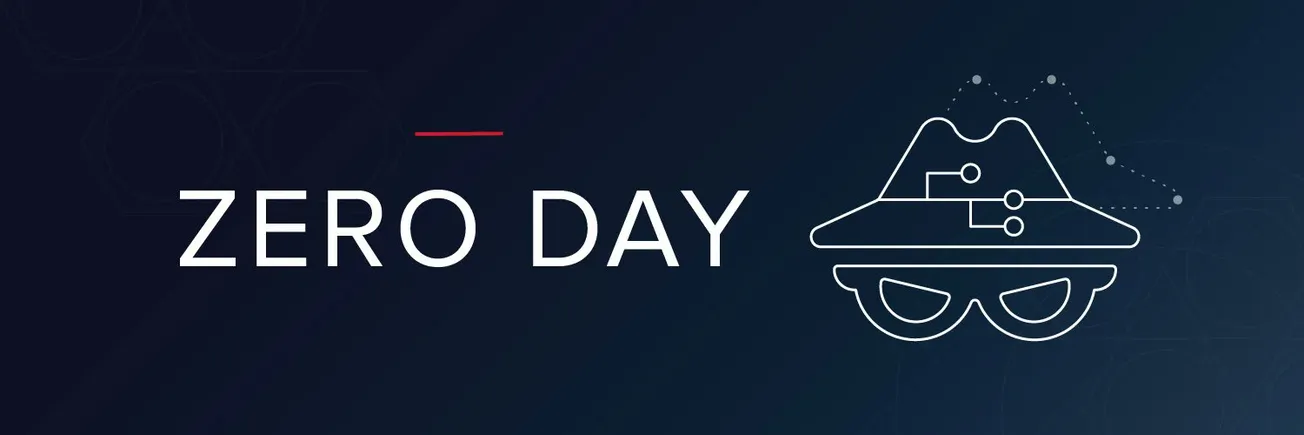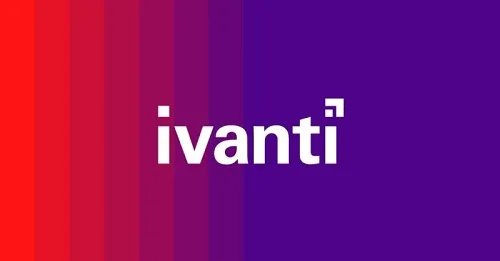NAME: Volodymyr Kadariya
ALIASES: Vladimir Kadaria, Volodymyr Kadariya, Владимир Кадария, Andrii Kovalov
DOB: 2 March 1986
POB: Belarus
NATIONALITY: Belarusian
CITIZENSHIP: Belarusian
HEIGHT: 5’8”
WEIGHT: 200 lbs
HAIR COLOR: Black/Grey/Balding
EYE COLOR: Brown
The United States Secret Service has announced a substantial bounty, offering up to $2.5 million for information leading to the arrest and conviction of Volodymyr Iuriyovych Kadariya, a 38-year-old Belarusian national. Kadariya is accused of orchestrating a series of cybercrimes, including conspiracy to commit wire fraud and computer fraud, alongside multiple counts of substantive wire fraud.
The case centers on Kadariya’s alleged involvement in the deployment of the Angler exploit kit, a notorious tool used to spread malware via malicious advertisements. This campaign, which reportedly spanned from 2013 to 2022, delivered scareware pop-ups to millions of users. These deceptive alerts falsely warned victims of malware infections, prompting them to purchase unnecessary software or inadvertently install actual malware, granting cybercriminals remote access to their systems.
Kadariya and his associates are alleged to have sold access credentials to compromised systems on Russian dark web forums, facilitating further exploitation of victim devices for financial gain or additional malware distribution. The Secret Service emphasizes that while these charges are severe, Kadariya remains innocent until proven guilty in a court of law.
Brian Lambert, the United States Secret Service Assistant Director of Investigations, underscored the message that cybercriminals cannot rely on the anonymity of the internet to evade justice. He affirmed that dedicated international law enforcement efforts will eventually lead to the capture and prosecution of those who engage in such criminal activities.
However, the strategy of offering large bounties is not without its complexities. Dr. Ilia Kolochenko, CEO at ImmuniWeb, notes that while effective, these bounties can exacerbate tensions within the cybercrime ecosystem. Former allies may turn against each other for ideological reasons or to claim a share of the bounty, potentially leading to unethical behavior or compromising the integrity of personal data related to suspects. Additionally, Kolochenko highlights that offering a bounty contingent upon a conviction can weaken the strategy, especially if legal proceedings fail to secure a guilty verdict due to technicalities.
For those with relevant information on Kadariya, the U.S. Secret Service encourages contact via MostWanted@usss.dhs.gov.

